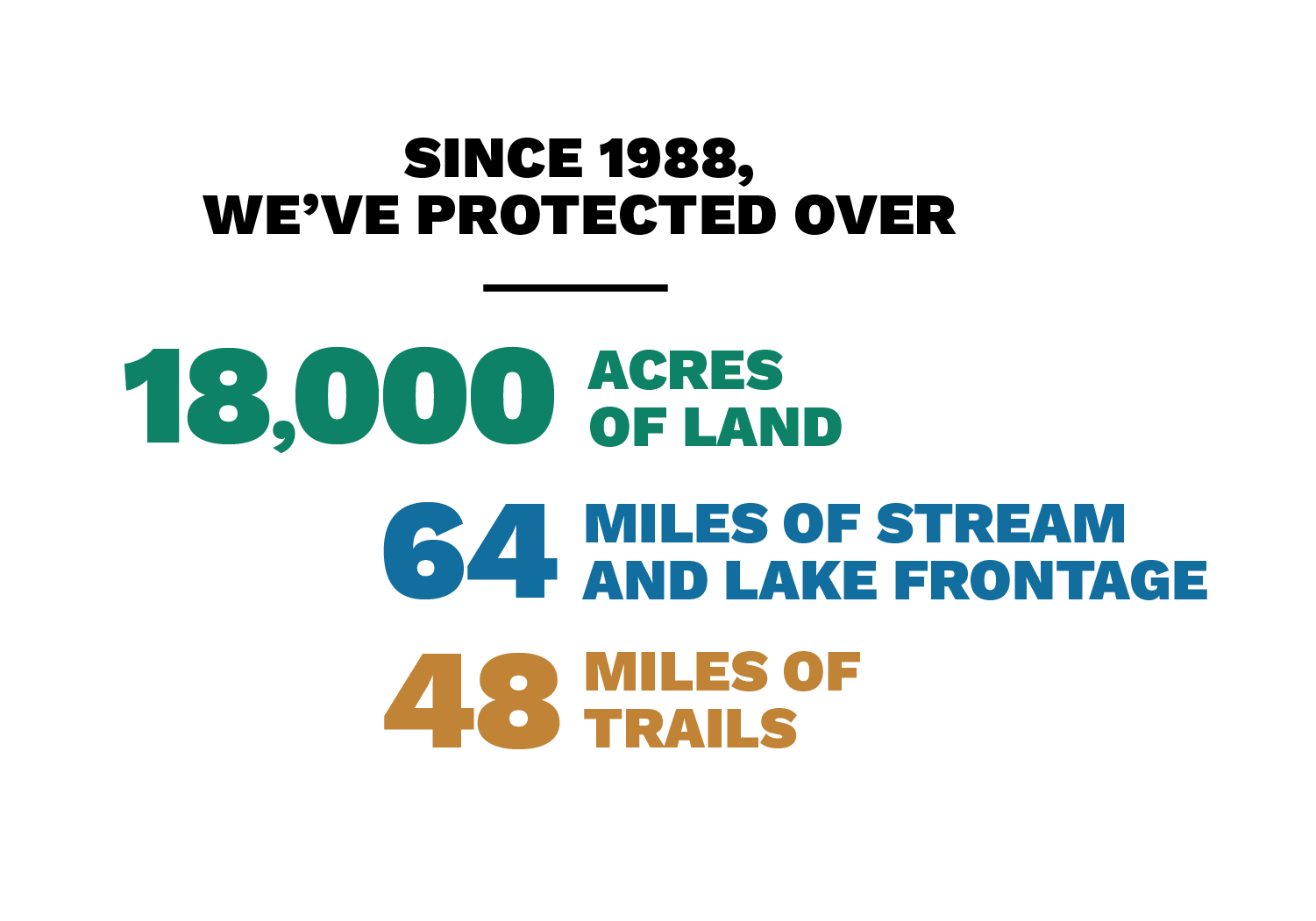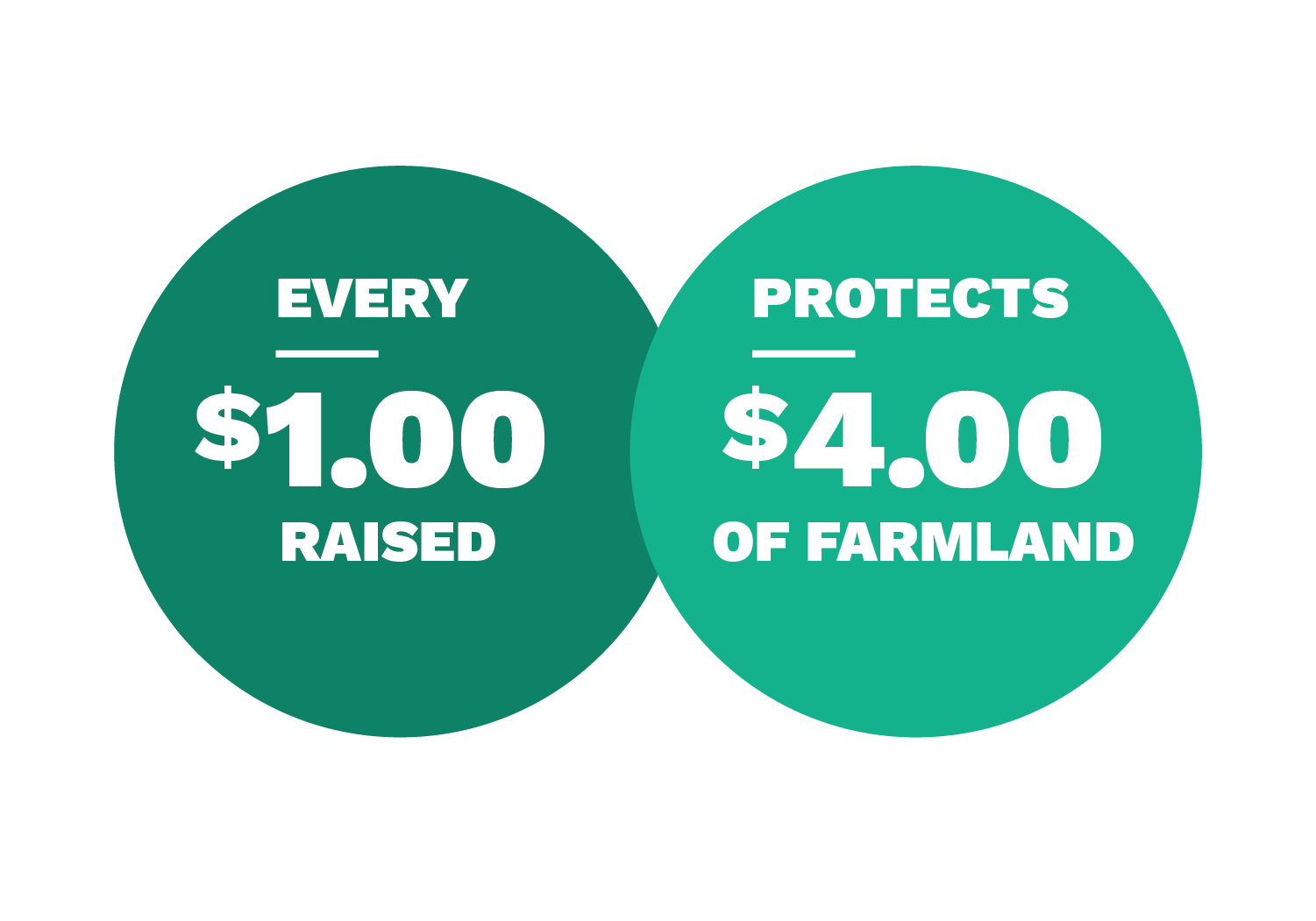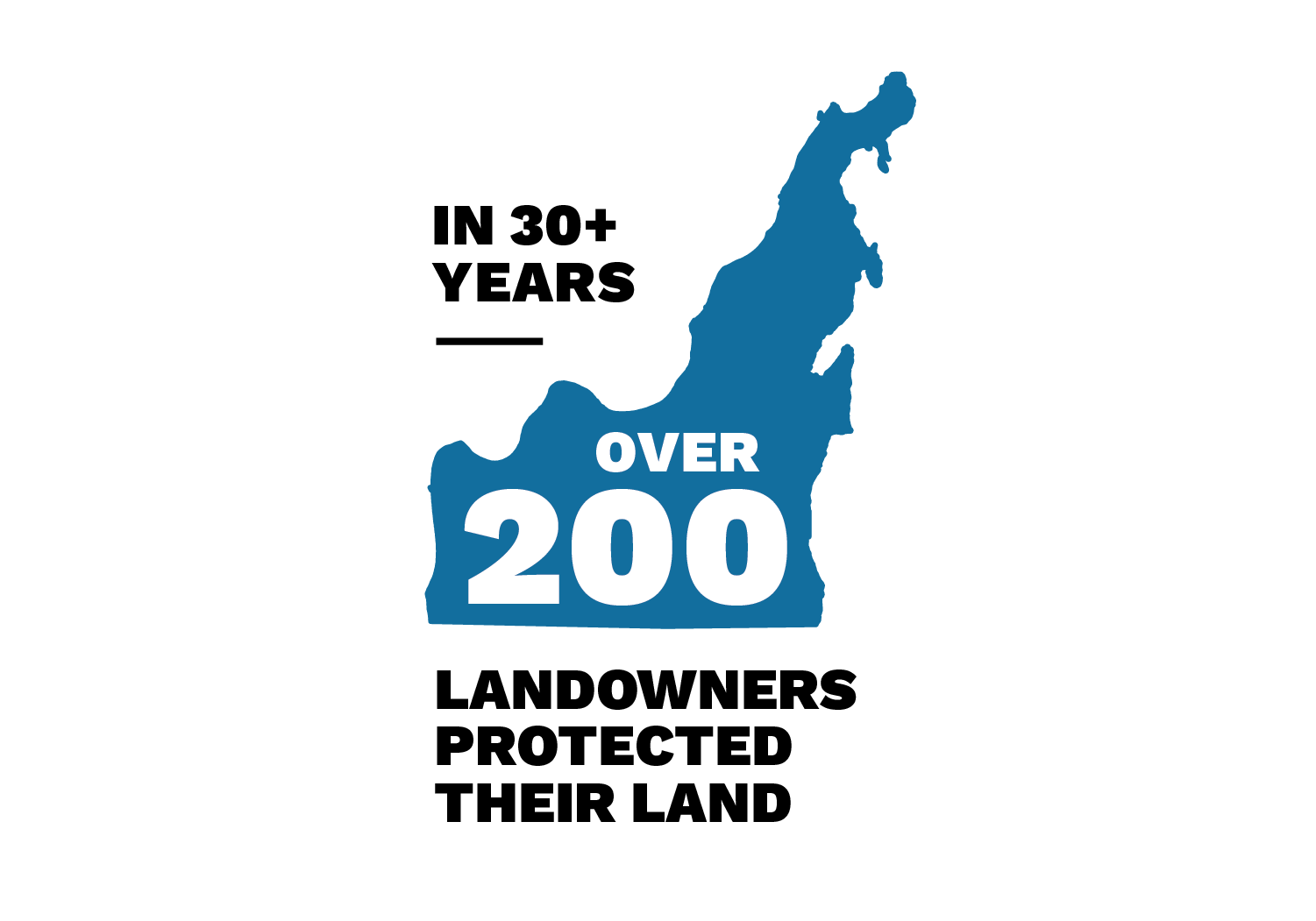A Record-Eagle Forum by Brian Price, Director
This article ran as a Forum piece in the Traverse City Record Eagle in December, 2005.
– – –
The Leelanau Conservancy is grateful for the Record-Eagle’s coverage and editorial (Friday, December 9) of our efforts to preserve the 145-acre historic DeYoung farm on Cherry Bend Road. You hit the nail on the head—this is indeed a great project that will benefit the Grand Traverse region and Leelanau County for a whole host of reasons – from nearly a mile of shoreline on Cedar Lake to be protected to the land’s immense recreational opportunities.
One point you also noted was that saving the land, while positive overall, comes with a price tag, “the loss of property tax revenue to local governments.”
True, some tax revenue will be lost. However, there is more to the story. This tremendous recreational area will be provided to the public at zero cost to taxpayers. And, what often goes unmentioned in the tax dollars argument is that the costs to local government to provide services to the type of development that could have been built on the DeYoung property usually far outstrip tax revenues generated. Study after study in communities across the country show that open space lands don’t require the services that development must have – nor the additional cost for those services. Cherry trees don’t call 911 and walking trails don’t need snowplowing. In effect, farmers and other large landowners usually subsidize other more intensive land uses.
In short, it is a persistent myth that residential development is generally a net gain for the local government’s finances. If that were true, then the most populous and rapidly growing townships in our area should also levy the lowest property tax rates. The opposite is true, in fact.
Many people also are also unaware that the majority of the lands we have permanently protected are still on the tax rolls—and in the hands of farmers and other private landowners who have voluntarily placed restrictions on their lands through a conservation tool called a conservation easement.
But there is a larger issue. Your editorial posed the question: The acquisition is a wonderful thing – but can we afford it?
Given what we know about global competition for skilled and creative people, and also about the unique assets we in the Grand Traverse region have in attracting this mobile and skilled workforce to our area, we can’t afford not to protect places like the DeYoung farm. The only way we will compete in a global marketplace is to become the “quality of life” workforce destination in the Midwest. To do that, we have to protect our natural assets and differentiate ourselves from the pack. This basic principle is recognized by our local business community, as evidenced by such efforts as New Designs for Growth.
“Quality of life” means many things, including great schools, strong community institutions and good jobs. In our region it certainly means protecting our scenic beauty and providing access to the natural wonders that we share.
In the case of the DeYoung Farm acquisition, we not only can afford to make this place available to the public – in the long run we can’t afford not to.




